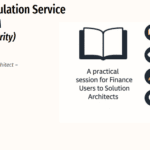
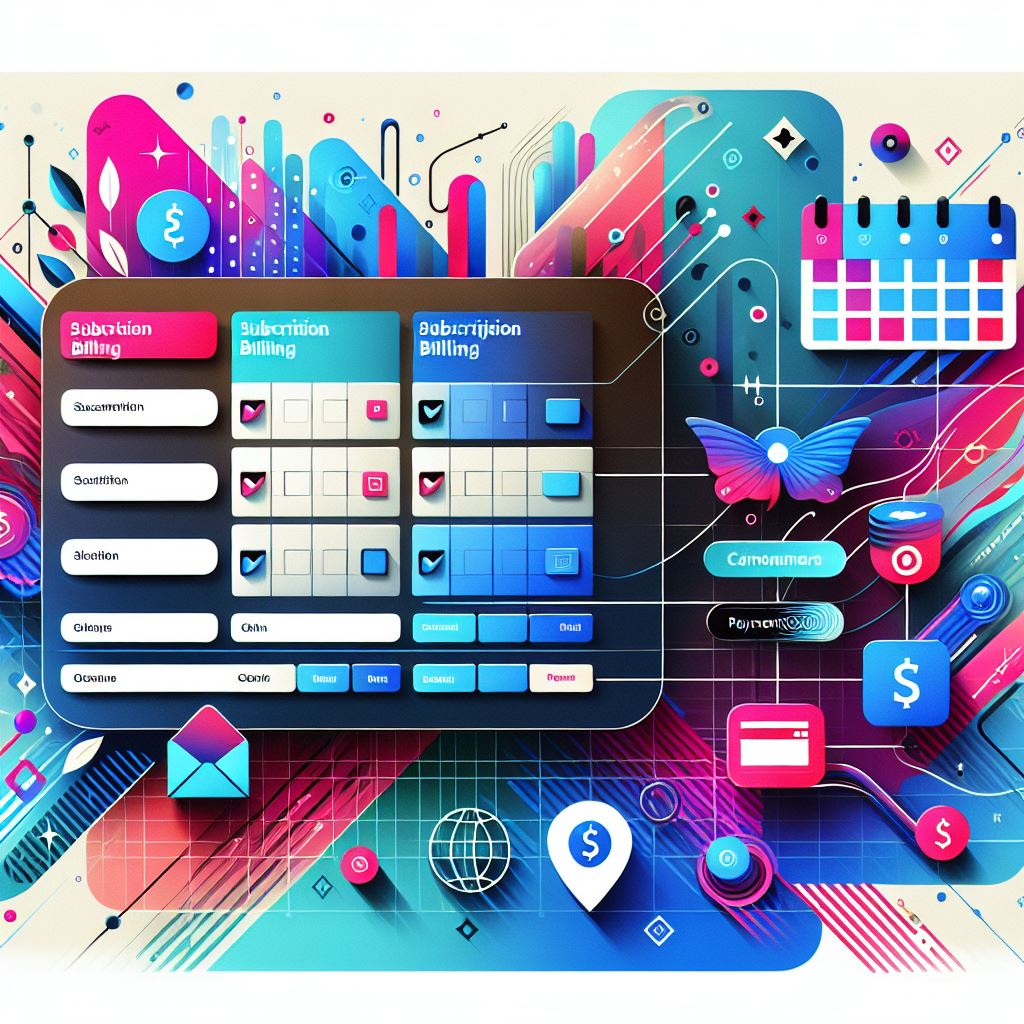
SB507 – Understanding Item Types in Subscription Billing: Standard, Usage & Milestone in D365 Finance
Table of Contents
Toggle🌐 Introduction
Welcome to SB507 in our Subscription Billing blog series! In SB506, we built a recurring billing schedule for a CRM SaaS company. Now, we’re diving deeper into the three item types that drive billing logic in Dynamics 365 Finance:
- Standard
- Usage
- Milestone
Choosing the correct item type is essential—it controls when and how you bill customers, and how the revenue gets recognized. This article will demystify each type using our CRM SaaS use case and your configured items.
🧾 What Are Item Types in D365 Recurring Contract Billing?
In D365 Subscription Billing, every billing schedule line must have an item type that determines:
- When the billing happens
- What triggers the invoice
- How the system calculates the billing amount
Let’s explore all three.
Standard Item Type
🧠 What It Is
Standard items are used for recurring flat-rate billing. These are billed automatically at defined intervals (monthly, quarterly, annually, etc.), regardless of actual usage or delivery milestones.
🛠 Example from CRM SaaS Use Case
- Monthly CRM Subscription → SBX-CRM-M01
- Tech Support → SBX-SUPP-M
- Onboarding Setup Fee → SBX-IMP-ONE

✅ Ideal For
- Monthly or annual software licenses
- Fixed retainers
- Setup fees
- Support plans
⚙ How it works
- D365 generates invoices on a scheduled basis
- Amount doesn’t change unless edited manually or through escalation
Usage Item Type
🧠 What It Is
Usage items are metered services. Customers are billed based on actual consumption recorded per period. Billing happens only if usage data is entered—either manually or via data import.
🛠 Example from CRM SaaS Use Case
- API Usage → SBX-CONS-API01
(e.g., £0.05 per API call)

💡 The customer may use 10,000 API calls one month and 30,000 the next.

✅ Ideal For
- API calls
- Cloud storage/hosting usage
- Course enrollments
- IoT metering
⚙ How it works
- The item is added to the billing schedule as a usage-type
- Consumption data is imported each month (manually or via Data Entity data management or Open in excel).
Data entity name = Subscription billing usage
- Billing is calculated based on:
- Rate per unit
- Total units consumed
🔄 Monthly Process
- At the end of each month, input usage:
- E.g. 10,000 API calls
- System multiplies quantity × rate
- Invoice is generated for actual usage
📍 Usage is entered via: Manual or Data management import or Open in excel from withing billing schedule.
💡 No invoice is generated if no usage is entered!
Milestone Item Type
🧠 What It Is
Milestone items are billed when specific deliverables or project phases are completed. Unlike time-based or usage-based billing, these depend on event-based triggers like project stage completion, go-lives, or approvals.
🛠 Example from LMS SaaS Use Case
• Milestone-based Billing → SBX-MILET-01

Suppose your LMS project is split between setup and ongoing course access:
- Onboarding Setup Fee – 70%
Covers implementation, configuration, and user enablement. - LMS Usage Billing – Courses – 30%
Represents the platform access and learning content delivery.
Instead of billing the full amount upfront, you bill based on milestone progress, using the SBX-MILET-01 template to allocate charges as the onboarding and LMS services are delivered.
✅ Ideal For
- Service-based implementations
- Project-based work
- Consulting engagements
- Staged product delivery
⚙ How it works
- You link the item to a Milestone Billing Template

- Each milestone has:
- % or fixed value
- Billing event name
- Trigger condition (manual or automatic)
🔁 Steps to Process Milestone Billing
- Add milestone item (SBX-MILET-01) to billing schedule

- Attach a milestone template

- As events complete, D365 generates invoices per milestone completed

Generate invoice checks end date and present item for billing.

✅ Summary
Choosing the right item type is critical to making your subscription billing schedule accurate, auditable, and scalable:
- Use Standard for consistent, calendar-based pricing
- Use Usage when actual consumption drives the invoice
- Use Milestone when revenue or billing is tied to progress checkpoints
Each item type supports different business models—and D365 gives you the flexibility to combine them in one billing schedule.
🔜 Coming Up Next: SB508
In SB508, we’ll explore Pricing Methods and Discounts in Subscription Billing. We’ll show you how to:
- Set flat, tier, and usage-based pricing
- Apply CPI escalation
- Offer bundle discounts
- Handle free quantities and min/max charges
Expand Your Knowledge: See More Subscription Billing Blogs
I am Yogeshkumar Patel, a Microsoft Certified Solution Architect and Enterprise Systems Manager with deep expertise across Dynamics 365 Finance & Supply Chain, Power Platform, Azure, and AI engineering. With over six years of experience, I have led enterprise-scale ERP implementations, AI-driven and agent-enabled automation initiatives, and secure cloud transformations that optimise business operations and decision-making. Holding a Master’s degree from the University of Bedfordshire, I specialise in integrating AI and agentic systems into core business processes streamlining supply chains, automating complex workflows, and enhancing insight-driven decisions through Power BI, orchestration frameworks, and governed AI architectures. Passionate about practical innovation and knowledge sharing, I created AIpowered365 to help businesses and professionals move beyond experimentation and adopt real-world, enterprise-ready AI and agent-driven solutions as part of their digital transformation journey. 📩 Let’s Connect: LinkedIn | Email 🚀
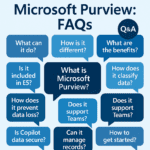
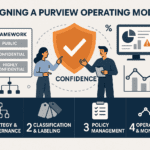
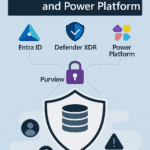




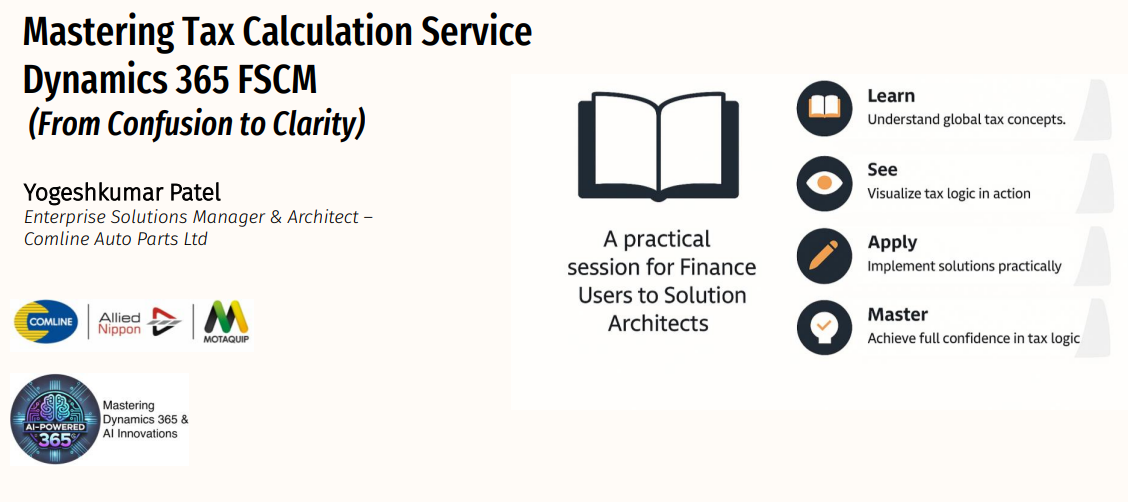
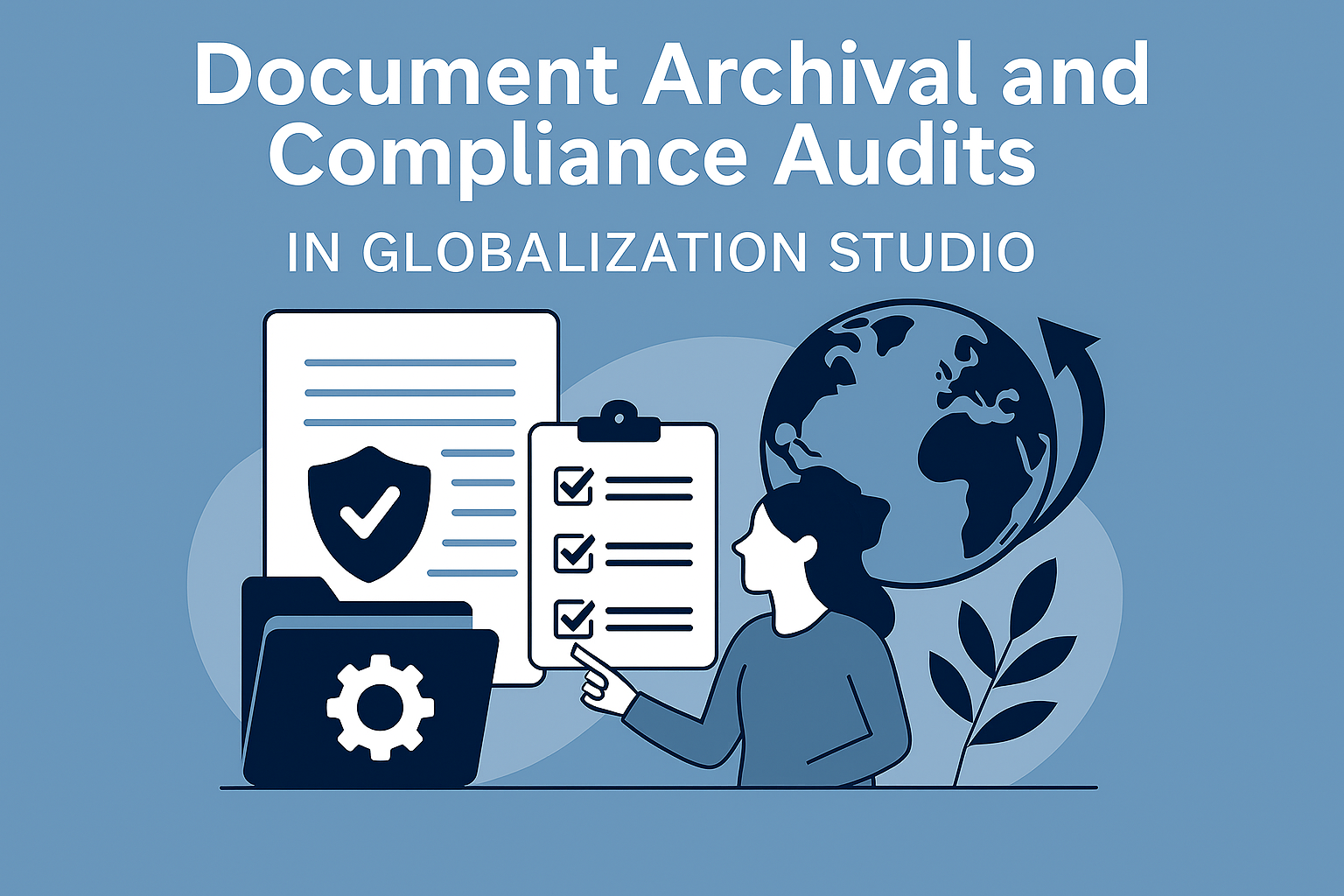
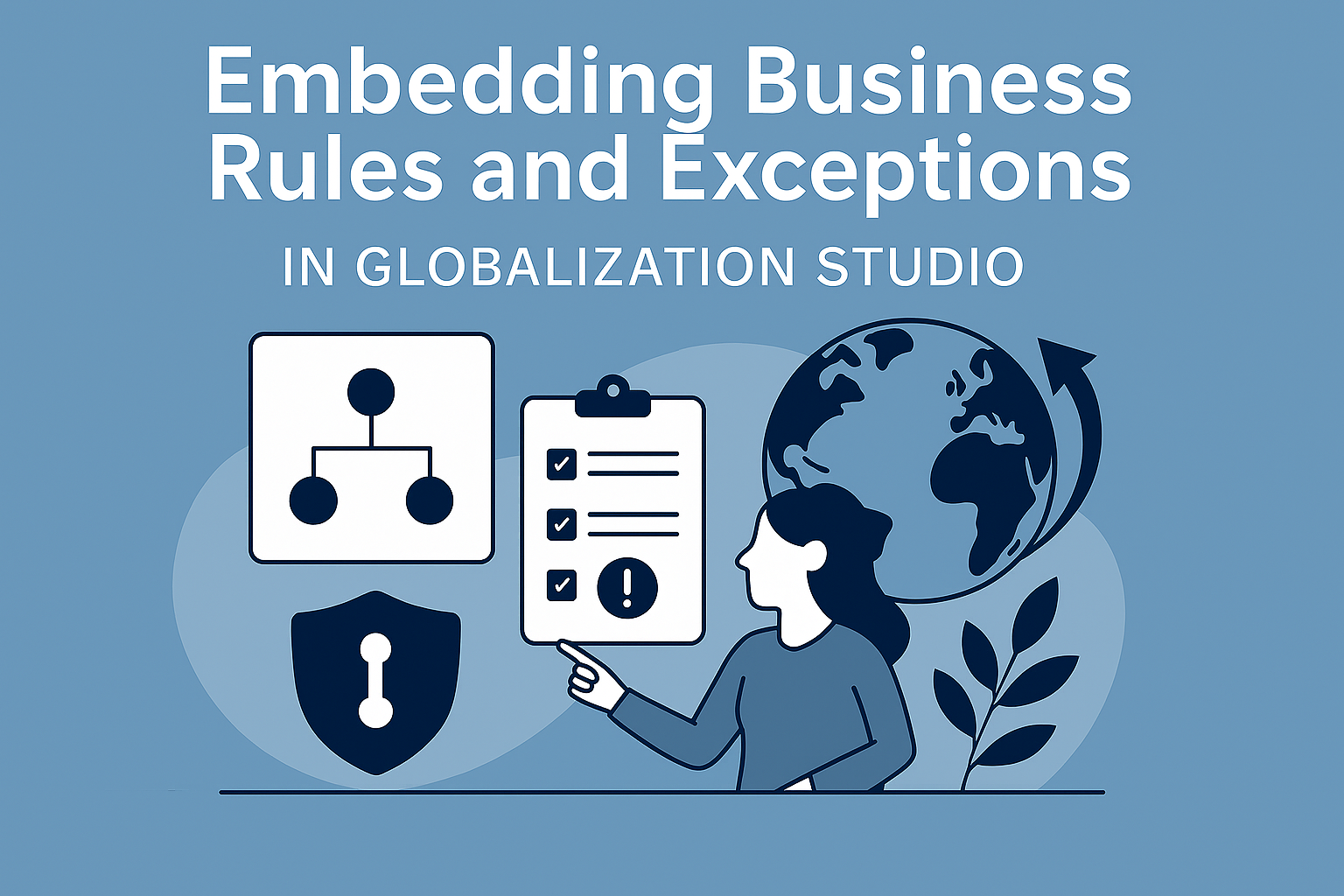



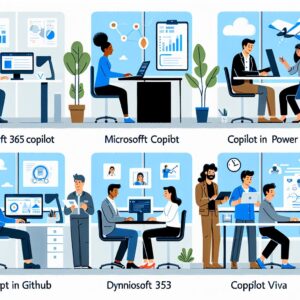



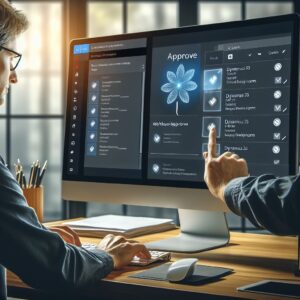


Post Comment